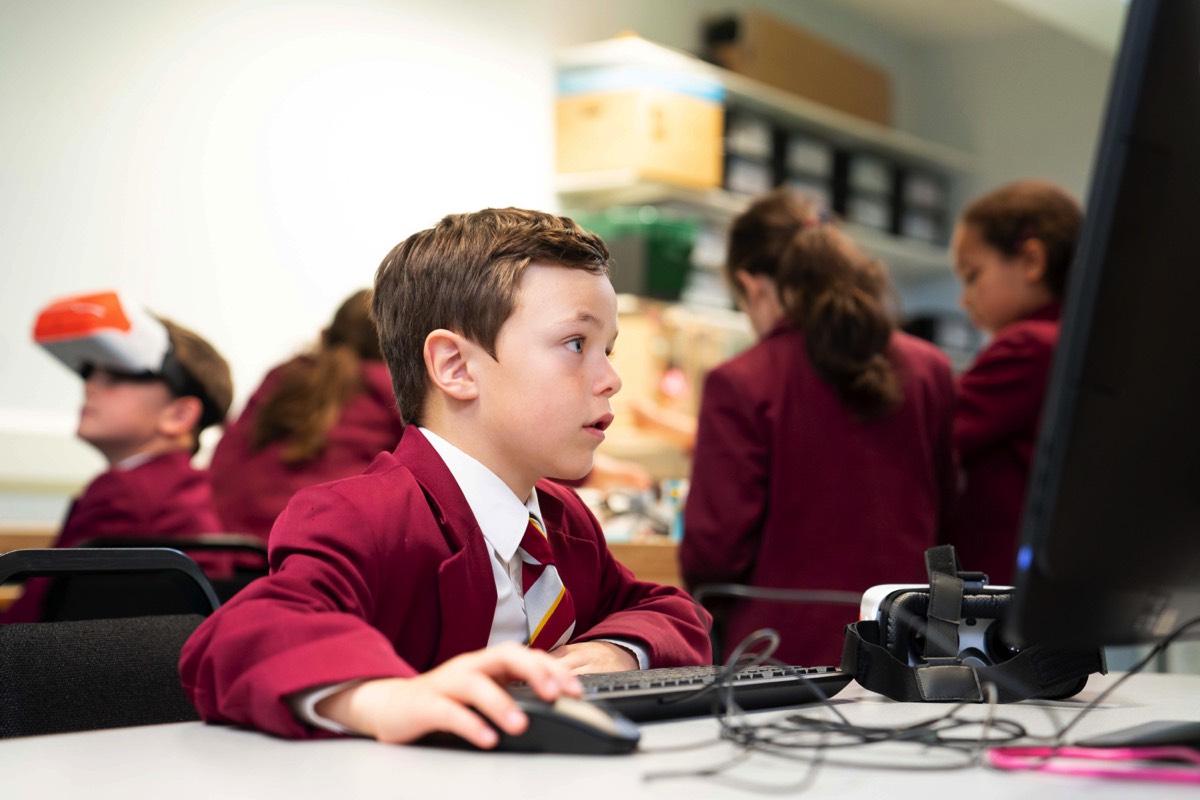EDUCATION
Surrey’s Premier Lifestyle Magazine
The history boys and girls
From the Roman Empire to the Cold War, studying history helps pupils make sense of the present. Michael Connolly, Headmaster of Cranmore School, examines the importance of history to a child’s education.

History has many incredible stories to capture a child’s imagination, that can enthuse, inform and take them on magical journeys.
In my view, it is vital that history forms an integral part of every child’s education. In this way, children learn to make sense of the world and interpret what is happening now in the context of what has gone before. One cannot hope to engage the interest of young children by poring over dusty textbooks. Rather, good schools have inspiring teachers who make excellent use of audio-visual resources to make history come alive. At Cranmore School, the latest gadget in the teachers’ toolkit is VR headsets. Children are absolutely enthralled by the chance to have a virtual experience of walking inside a pyramid or the Forum in ancient Rome.
This is, of course, not to suggest that this equipment can fully replace first-hand experiences though. The use of a field trip or visit to a place of interest, as well as museums, will always have a part to play. The pupils at Cranmore have derived great benefits from their visits to local historical sites such as Fishbourne Palace and Battle Abbey. In addition, we also host many workshops throughout the year which are led by professional actors in full costume with props. The opportunity to be a Viking for a day is something that children never forget. If we inspire children in their formative years, then there is every chance that they will study history in secondary school and beyond.
essence info
Cranmore SchoolEpsom Road, West Horsley KT24 6AT
Telephone: 01483 280340
Email: admissions@cranmoreprep.co.uk
Website: www.cranmoreprep.co.uk
ADVERTISEMENT FEATURE
Images courtesy of Cranmore School